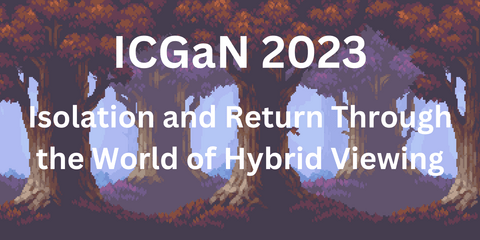Pay it Forward: Five Lessons from a Departing Postdoctoral Fellow
Dr. Hector Perez worked with many Indigenous communities during his time as a postdoctoral fellow including the Peguis First Nation in Manitoba who often asked him, “When are you coming back?” One of the most valuable lessons Perez learned was that Indigenous communities would expect visitors, including researchers, to return to the community to share their research insights and participate in social gatherings. As Perez moves on to new opportunities, there are five lessons he wants to impart on our community.

